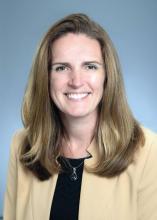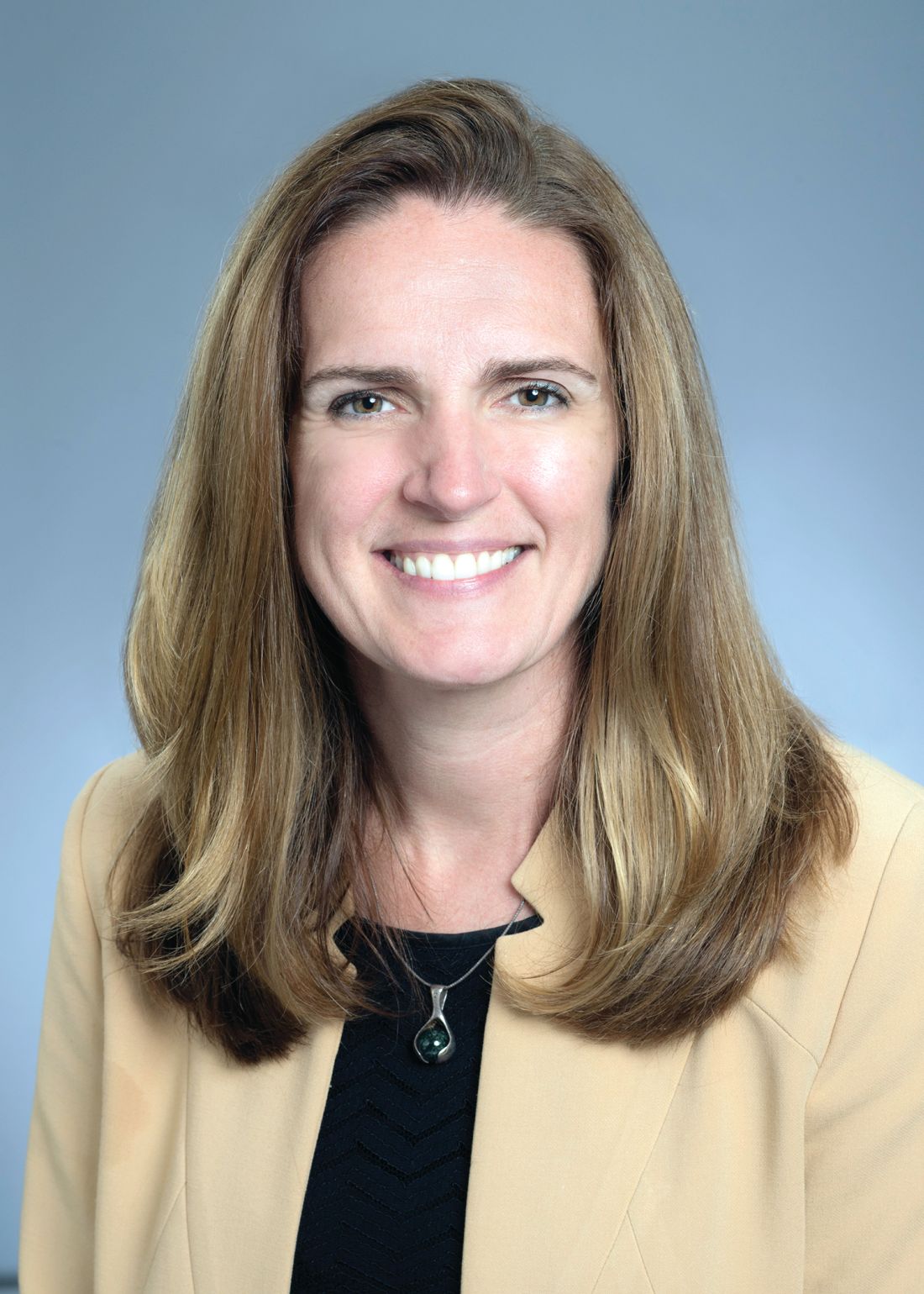User login
About 6 years ago, members of the Society of Hospital Medicine’s Academic Hospitalist Committee got together to try to answer a question: How do we meet the mentoring needs of junior hospitalists?
One answer was inspired by the singles social scene.
Joanna Bonsall, MD, PhD, SFHM, assistant professor of medicine at Emory University, Atlanta, has been a part of coordinating the event since the beginning.
“We tried it out for the first year, and it was wildly successful,” she said. “The feedback was enormous, so we’ve continued it ever since.”
Hospitalists looking for mentoring time with senior hospitalists submit their curriculum vitae and a question they’d like to have answered. Then they’re paired with three mentors who have expertise in that field, meeting with each for 15 minutes.
For instance, someone asking – How can I improve my teaching skills with medical students? – would be paired with veteran hospitalists known for their education skills. In its first year, there were 12 slots available. It has since expanded, and this year, there are 20 slots. Registration closed a month before the annual conference.
Dr. Bonsall said that mentoring, including the speed mentoring event, is all about matching up ambition and talent with ways to put them to use.
“I believe that our field is so full of talent, and I think that because we’re a relatively junior field, there is a lot of untapped talent out there – people who have energy and don’t know what to do with it,” she said. “I feel the same way about faculty development. Mentoring is so key to help connect the energy to things that they can do.”
About 6 years ago, members of the Society of Hospital Medicine’s Academic Hospitalist Committee got together to try to answer a question: How do we meet the mentoring needs of junior hospitalists?
One answer was inspired by the singles social scene.
Joanna Bonsall, MD, PhD, SFHM, assistant professor of medicine at Emory University, Atlanta, has been a part of coordinating the event since the beginning.
“We tried it out for the first year, and it was wildly successful,” she said. “The feedback was enormous, so we’ve continued it ever since.”
Hospitalists looking for mentoring time with senior hospitalists submit their curriculum vitae and a question they’d like to have answered. Then they’re paired with three mentors who have expertise in that field, meeting with each for 15 minutes.
For instance, someone asking – How can I improve my teaching skills with medical students? – would be paired with veteran hospitalists known for their education skills. In its first year, there were 12 slots available. It has since expanded, and this year, there are 20 slots. Registration closed a month before the annual conference.
Dr. Bonsall said that mentoring, including the speed mentoring event, is all about matching up ambition and talent with ways to put them to use.
“I believe that our field is so full of talent, and I think that because we’re a relatively junior field, there is a lot of untapped talent out there – people who have energy and don’t know what to do with it,” she said. “I feel the same way about faculty development. Mentoring is so key to help connect the energy to things that they can do.”
About 6 years ago, members of the Society of Hospital Medicine’s Academic Hospitalist Committee got together to try to answer a question: How do we meet the mentoring needs of junior hospitalists?
One answer was inspired by the singles social scene.
Joanna Bonsall, MD, PhD, SFHM, assistant professor of medicine at Emory University, Atlanta, has been a part of coordinating the event since the beginning.
“We tried it out for the first year, and it was wildly successful,” she said. “The feedback was enormous, so we’ve continued it ever since.”
Hospitalists looking for mentoring time with senior hospitalists submit their curriculum vitae and a question they’d like to have answered. Then they’re paired with three mentors who have expertise in that field, meeting with each for 15 minutes.
For instance, someone asking – How can I improve my teaching skills with medical students? – would be paired with veteran hospitalists known for their education skills. In its first year, there were 12 slots available. It has since expanded, and this year, there are 20 slots. Registration closed a month before the annual conference.
Dr. Bonsall said that mentoring, including the speed mentoring event, is all about matching up ambition and talent with ways to put them to use.
“I believe that our field is so full of talent, and I think that because we’re a relatively junior field, there is a lot of untapped talent out there – people who have energy and don’t know what to do with it,” she said. “I feel the same way about faculty development. Mentoring is so key to help connect the energy to things that they can do.”

